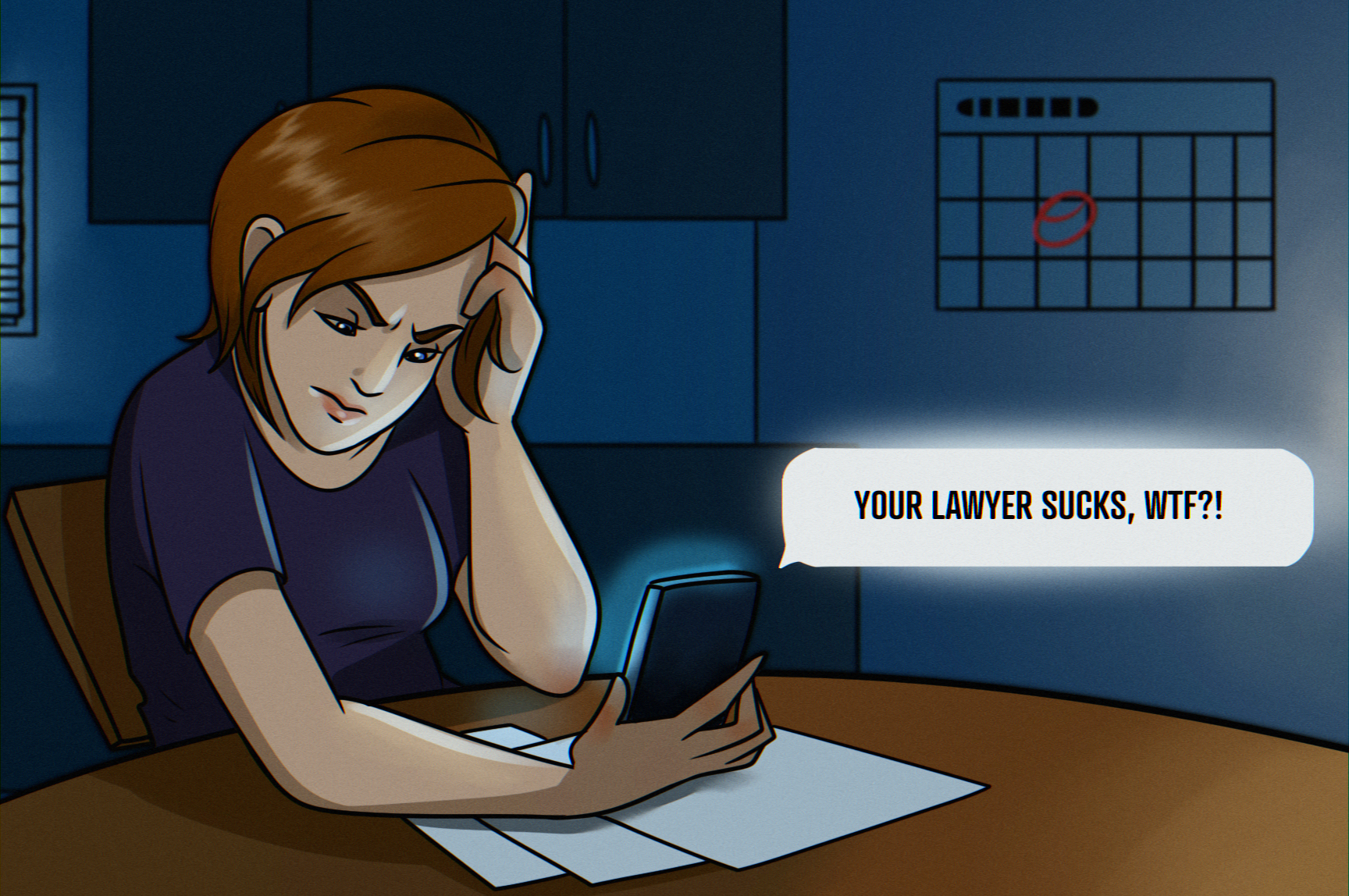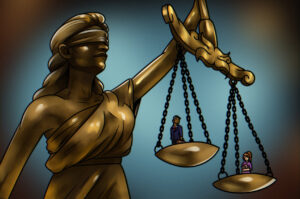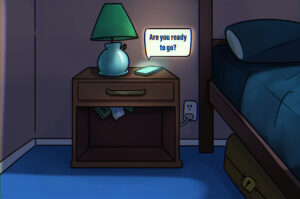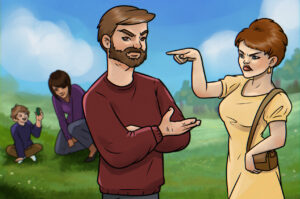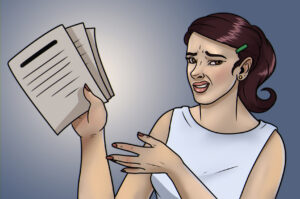Your lawyer sucks. Don’t believe me? Ask Your Ex.
In family law situations, people often feel like they truly hate the lawyer representing their former spouse.
Why?
A lawyer is an advocate for the person that signed their retainer agreement and is paying for their services. The person that signs the retainer agreement is the client. A lawyers job is to advocate for their client, protect their client’s interests, tell their client’s side of the story and represent their client to the best of their abilities.
First Impressions Court.
After a lawyer is officially hired, the lawyer will usually contact the opposing counsel or self-represented party to give them a heads-up that they’ve been retained for whatever purpose. Sometimes, a lawyer will come in like a wrecking ball and start throwing out accusations, demands and threats of a court application. First impressions count and this approach does not create a great first impression at all.
Lawyers that shoot first and ask questions later or initiate contact by playing the blame game are not making a very good first impression. Lawyers with better communication skills and effective problem-solving abilities tend to save their badass legal representation for the courtroom. Most importantly, they save the blame game for when they have the full story.
The damage caused by a poor first impression and an overly aggressive lawyer can take years to repair. An overly aggressive lawyer can single handily kill any last chance that the parties could have settled things outside of court. People lose their willingness to communicate, negotiate and settle when they feel attacked on a personal level. The person who was insulted usually becomes angry, defensive and on guard for criticism. In these types of situations, the aggressive lawyer literally intensifies the conflict that they were probably hired to resolve. The bulldog tactic is not very productive at all.
Lawyers aren’t Private Investigators.
Lawyers are advocates and professional storytellers. The narrative that the lawyer tells and the facts that a lawyer use are from the client or from another source that was approved by the client. Lawyers generally accept the information that is given to them as true or accurate without an investigation into the credibility of their client. The role of the lawyer is to advocate (not undermine).
It can be very triggering for an outside party to hear a lawyer mindlessly repeating information without taking any steps to verify it. It can even seem pretty obvious that the “facts” that are wrong and the lawyer is an idiot for repeating such nonsense. However, the “facts” that are parroted by an idiot lawyer are from their idiot client. Lawyers can only work with what they are given and sometimes, they are given information and instructions that are crap.
Lawyers act on instructions.
Lawyers can refuse to accept crap instructions and can refuse to work with flimsy evidence, but the client-solicitor relationship will breakdown. A lawyer can fire their client and a client can fire their lawyer. However, that is bad for business. Most of the time, a lawyer will instead give their client a fair warning about the potential consequences of their crap instructions. After that, the lawyer will give it a shot if that’s what the client wants. Of course, the other side probably doesn’t realize that and instead starts to develop negative feelings towards the lawyer for acting on such unreasonable instructions.
It’s the lawyers job and responsibility to advocate for what is best for their client, tell their client’s side of the story and represent their client to the best of their abilities. The lawyer does not get to decide if their client, as a person, is worth competent legal representation. Lawyers are held to an extremely high standard when it comes to how they are expected to do their job. Those requirements are professional in nature. Lawyers aren’t required to like their client or think that their client is a good person. Lawyers just do their job telling one side of the story and they leave it to the Honourable Court to make all of the big final decisions.
What if the lawyer really is a bully?
Sometimes a lawyer is viewed as awful for having awful instructions from their awful client. Lawyers are allowed to follow crap instructions, but they are not allowed to treat others like crap in the process. Lawyers are not allowed to be rude or unprofessional to another legal professional or an opposing party. Lawyers that throw insults and act poorly are breaking the rules. Some lawyers have been doing it for so long that are disturbingly comfortable with being awful to others. Just like a schoolyard bully, a rogue lawyer will probably continue to act that way until someone tells on them and they get in trouble for it from the Law Society of Alberta.
Lawyers can be punished by the Law Society of Alberta for improper conduct like being rude and making threats. Anyone that wants to hold a lawyer accountable for their actions must be able to prove it with solid evidence. The complaint must make it abundantly clear that the lawyer acted improperly beyond receiving crap instructions from their client. Anyone that is unsure if they have enough evidence might benefit from speaking with a lawyer for a second opinion before submitting a complaint to the Law Society of Alberta online.

